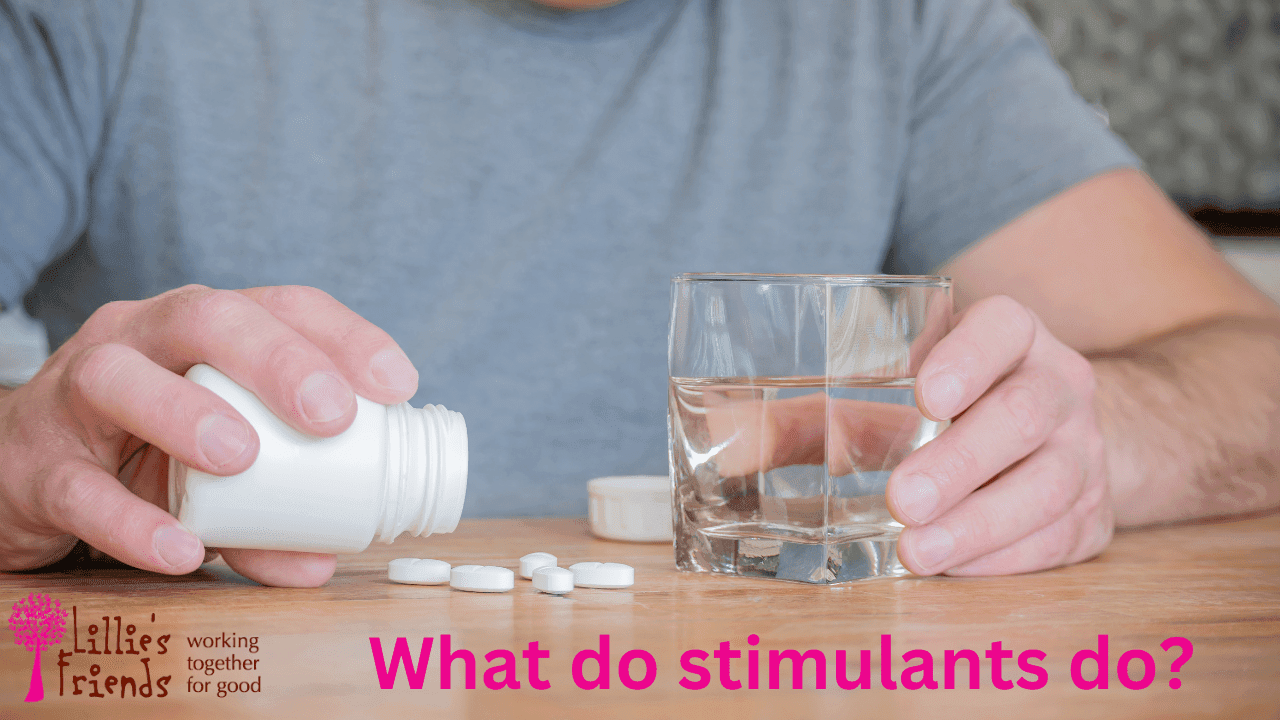Medical Disclaimer
The medicines listed on this website are only there to give you knowledge. Just because they are on the list doesn’t mean that anyone will be given them; in the end, treatment decisions are up to the healthcare workers. The medicines on this list are not all of them. Doctors may recommend other drugs, even ones that don’t contain stimulants, depending on the patient’s specific health needs and circumstances.
A mix of different types of medicine is the best way to deal with ADHD. Some of these are medicine, therapy, changes to the child’s food, and more learning about ADHD.
Medications for ADHD are used to help with other changes in behavior and way of life. Stimulants are the most common type of medicine used to help this condition. They work by improving the performance of a few specific chemicals in the brain. This makes the nerve pathways in the brain work better. Find out how ADHD drugs work and what bad effects they might have by reading on.
What do stimulants do?
Drugs in the stimulant[1*] class speed up the flow of messages between the brain and body. When people use them, they might feel more awake, alert, stimulated, or sure of themselves. Different types of stimulants are pills, tablets, powders, small chunks of clear crystals, and a white or brownish powder that looks like crystals and has a strong smell and bad taste. They are usually taken by mouth, and the effects last for different amounts of time depending on the type. The group of drugs called “stimulants” includes amphetamines, cocaine, nicotine, caffeine, and nicotine.
Stimulants for ADHD are recommended drugs. Since they are more likely to be abused, stimulants used to treat ADHD were moved to Schedule II in 2001. If a drug is on Schedule II, the DEA[2*] says it has “a high potential for abuse, with use potentially leading to serious psychological or physical dependence.” People also think that these medicines are dangerous when they are used incorrectly.

Just what do stimulants do?
Stimulants mostly change the amount of catecholamines[3*] (dopamine, noradrenaline, and epinephrine) in the brain. This makes you more alert and focused, gives you more energy, and makes you feel better overall. People who feel dopamine are more likely to be motivated, enjoy life, concentrate, and be physically active. Many people with ADHD can focus and concentrate better when they take stimulant drugs. These drugs also help reduce restless and reckless behaviors. However, the way these drugs function can lead to a crash or comedown for the user once the benefits subside.
Different types of stimulants: long-acting and short-acting
There are two types of stimulant drugs for ADHD: those that work quickly and those that work slowly. Short-acting steroids[4*] need to be taken more than once a day and quickly reach their full strength. People who take extended-release or long-acting steroids usually only need to take one dose a day, and the effects last for 8 to 12 hours.
The long-acting types of ADHD medicine are chosen by doctors because people with ADHD sometimes have trouble remembering to take them. Taking one amount every day is easier and more useful.
How long does a stimulant stay in your body?
The amount of the drug you take, its strength, your metabolism, age, and general health are some of the things that can change how long a stimulant stays in your body. Methamphetamine, on the other hand, has a half-life of about 12 hours, while amphetamines, which make up most ADHD drugs, have a half-life of less than 11 hours. Methamphetamines can make you feel “high” for up to eight hours.
ADHD Stimulants Side Effects
ADHD drugs can cause mild to severe negative effects.[5*] Common negative effects of stimulants include:
- Reduced appetite
- Losing weight
- Headaches
- Anxiety
- Irritability
- Uneasy stomach
- Changes in mood
- Depression
- A heart issue
- Dizziness
- Addiction
Stimulants Withdrawal
Stimulants, like other medications, can cause withdrawal symptoms when used [6*] excessively and abruptly. The most common withdrawal symptoms are below:
- Anxiety
- Panic attacks
- Moodiness and anger
- Seizures
- Extreme tiredness
- Boost appetite
- Insomnia
- Trouble focusing
Wrap Up
Even with all the knowledge, choosing ADHD medicine can be difficult. Be cautious if you’re considering ADHD stimulants. Take time to visit a doctor for the best decision.











